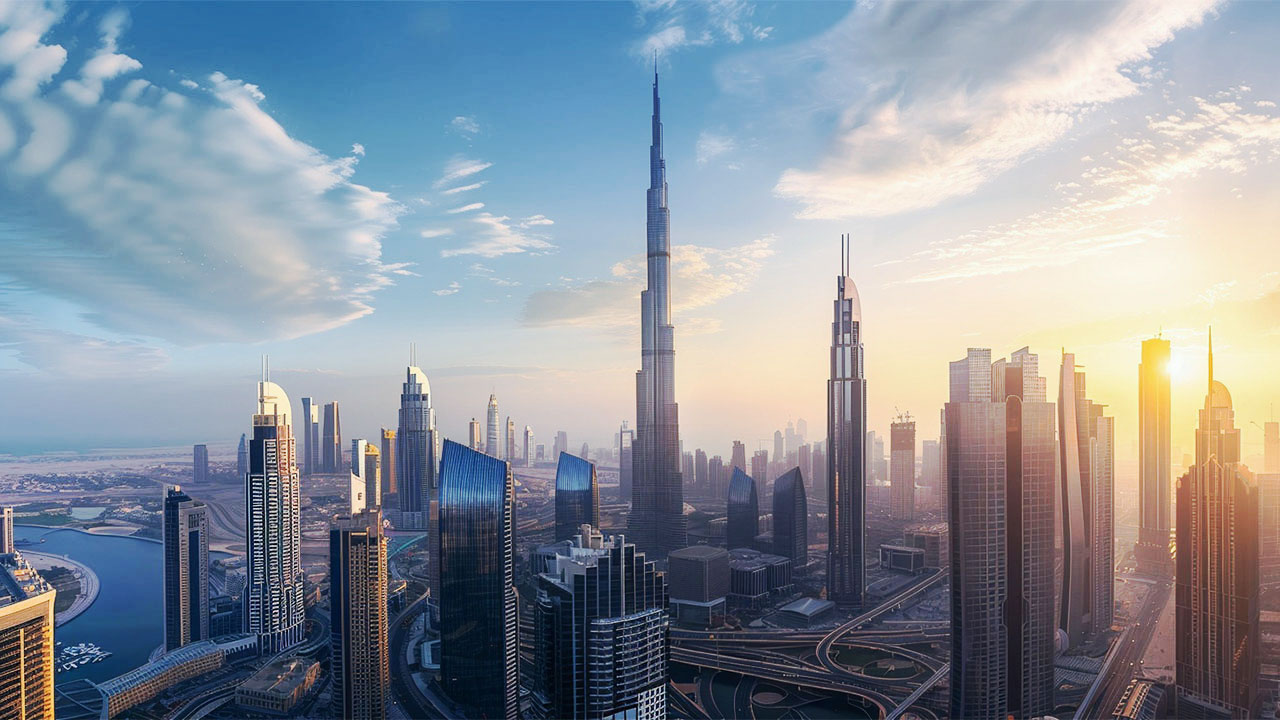Dubai is rapidly growing as the financial and economic hub of the Middle East. The city’s strategic geographical location, excellent infrastructure, and business-friendly policies attract investors and companies from around the world. Here, we explore the latest trends in Dubai’s financial and economic sectors and the background behind them.
Economic Diversification and Growth Strategy
Dubai has implemented various strategies to diversify its economy and move away from oil dependency. Sectors such as tourism, trade, logistics, aviation, and financial services are the main drivers of the economy. The financial services sector, in particular, has rapidly developed with the establishment of the Dubai International Financial Centre (DIFC).
Dubai International Financial Centre (DIFC)
DIFC has established itself as one of the world’s leading financial centers. This free economic zone allows foreign companies full ownership and provides a business environment based on international legal systems. DIFC is home to banks, asset management firms, law firms, insurance companies, and more from around the globe, functioning as a hub for international financial transactions.
Attractive Investment Environment
Dubai offers a highly attractive environment for investors. The low tax rates, minimal regulations, advanced infrastructure, and strategic geographical location have led many foreign companies to establish bases in Dubai. Additionally, the government provides various incentives to promote foreign direct investment (FDI).
Global Trade Hub
Dubai also serves as a global trade hub. Dubai Port is one of the busiest ports in the world, functioning as a logistics center. Additionally, Dubai International Airport is known as a major hub for international air cargo transportation. This makes Dubai an important part of the trade routes connecting the Middle East, Africa, Asia, and Europe.
Fintech and Innovation
Dubai continues to innovate in the fintech (financial technology) sector. Latest technologies such as blockchain, digital banking, and mobile payments have been introduced, improving the efficiency and transparency of financial services. The Dubai government announced a blockchain strategy, aiming to conduct 50% of government transactions on blockchain by 2020. Initiatives like these strengthen Dubai’s position as a fintech hub.
Future Prospects
The future of Dubai’s financial and economic sectors is very bright. The success of Expo 2020 (held from October 2021 to March 2022 due to the impact of COVID-19) attracted investors and tourists from around the world, further accelerating economic growth. Dubai will continue to achieve sustainable economic growth and establish its position as a global financial and economic hub.
Conclusion
Dubai has solidified its position as a financial and economic hub. Through diversified economic strategies, an attractive investment environment, innovative fintech technologies, and its role as a global trade hub, Dubai will continue to be an important base for investors and companies worldwide.

